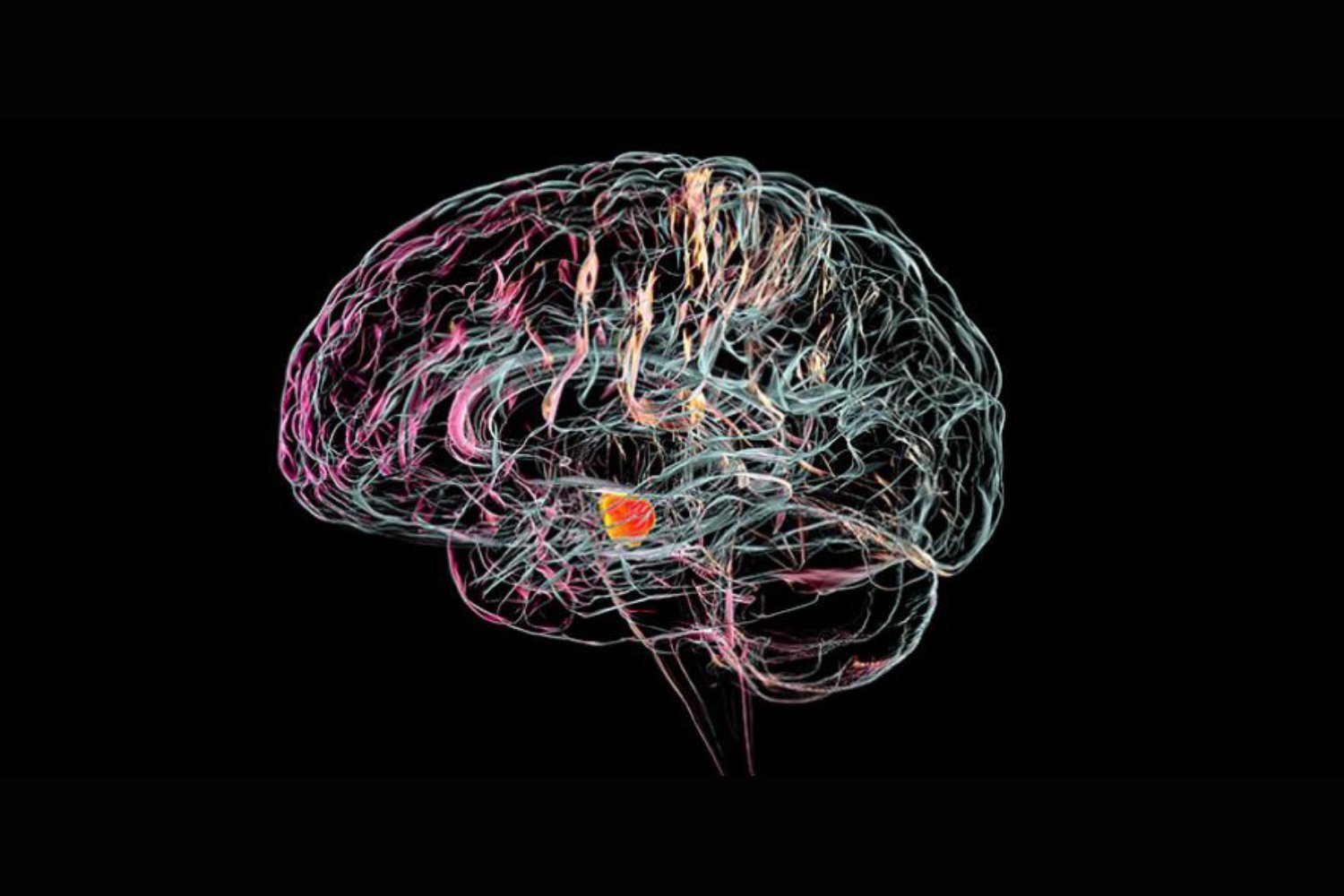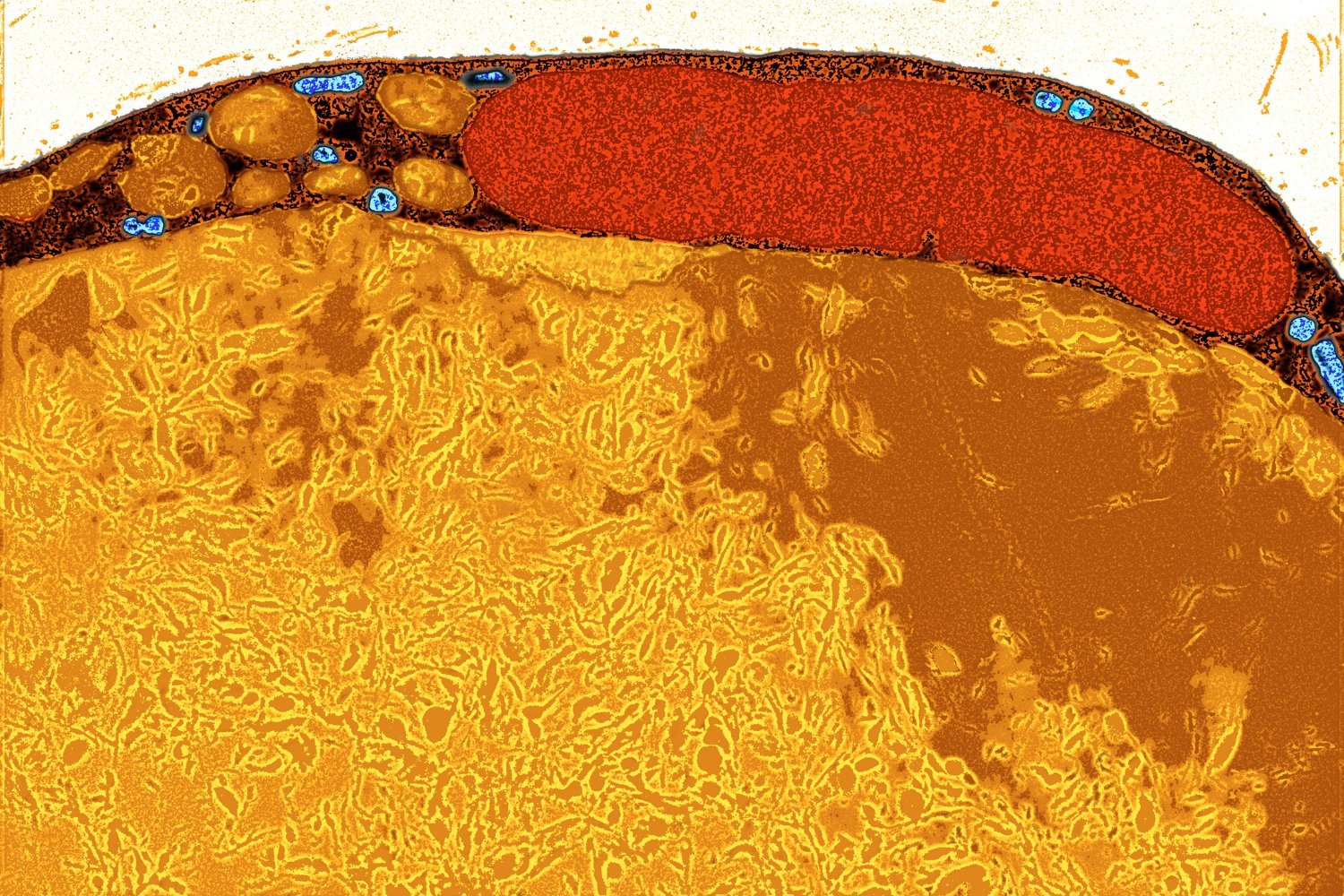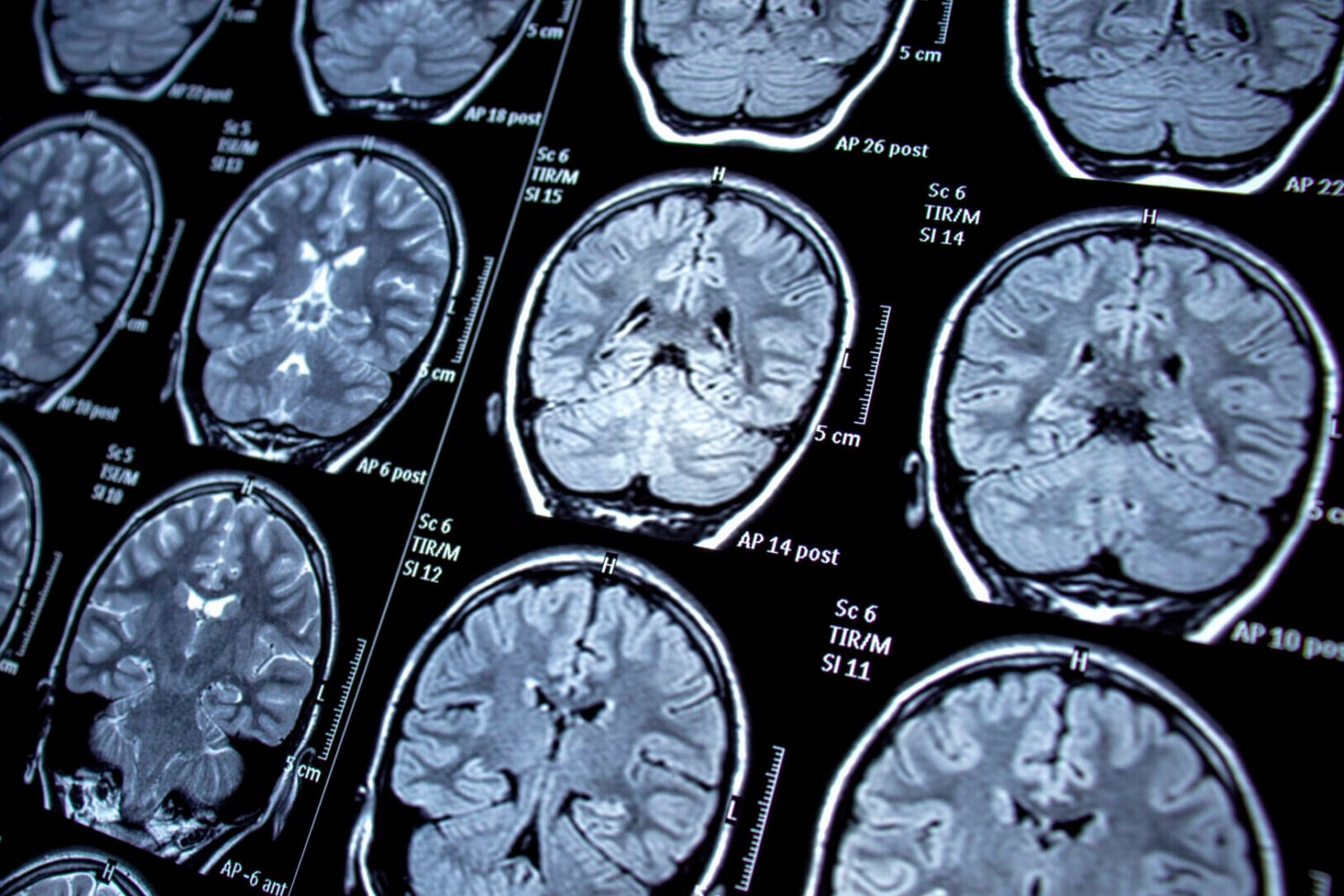Parkinson’s disease, a debilitating neurodegenerative disorder affecting over 10 million people worldwide, currently has no cure. However, a groundbreaking experiment spearheaded by University of Cambridge researchers offers a glimmer of hope for a potential breakthrough. This innovative approach involves developing a brain implant using clusters of brain cells to repair neural pathways damaged by the disease.
This novel treatment strategy, detailed in a University of Cambridge statement on January 23rd, focuses on utilizing midbrain organoids – small clusters of brain cells – as transplants. These organoids will be implanted into the brain and supported by advanced materials and electrical stimulation to facilitate integration with the existing nervous system and restore lost neural pathways. Initial trials will be conducted on animals.
Parkinson’s disease arises from the breakdown and death of neurons in the brain, specifically those responsible for dopamine production. This dopamine deficiency disrupts normal brain function, leading to motor control issues and movement difficulties. The exact cause of the disease remains unknown. Current treatments primarily involve dopamine-based medications, which, while initially effective, often cause significant and unpleasant side effects over time.
Scientists have been tirelessly searching for a Parkinson’s cure for over a century. Cell-replacement therapy, a promising avenue of research, involves replacing dead dopamine cells with new ones. However, existing methods have struggled to fully integrate transplanted cells with the brain’s complex nervous system.
The Cambridge team, led by George Malliaras and Roger Barker, aims to overcome this challenge with their midbrain organoid transplants. “Our ultimate goal is to create precise brain therapies that can restore normal brain function in people with Parkinson’s,” Malliaras stated.
This innovative project is funded by the Advanced Research + Invention Agency (ARIA), a British research and development agency. Jacques Carolan, ARIA’s program director, highlighted the significance of this research: “To date, there’s been little serious investment into methodologies that interface precisely with the human brain… We’re showing that it’s possible to develop elegant means of understanding, identifying, and treating many of the most complex and devastating brain disorders.”
While the specific details of the implant’s development are yet to be revealed, the research team’s approach offers renewed hope for Parkinson’s sufferers. The potential for restoring lost brain function through this innovative brain implant technology could be transformative for millions. We eagerly anticipate the results of the initial animal trials and the future development of this promising treatment.











